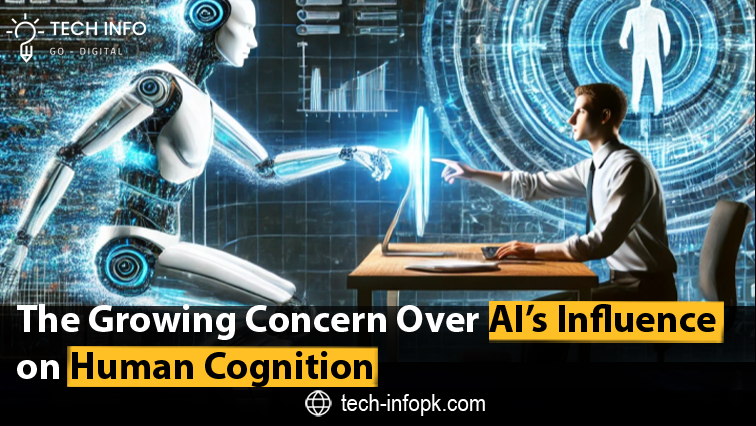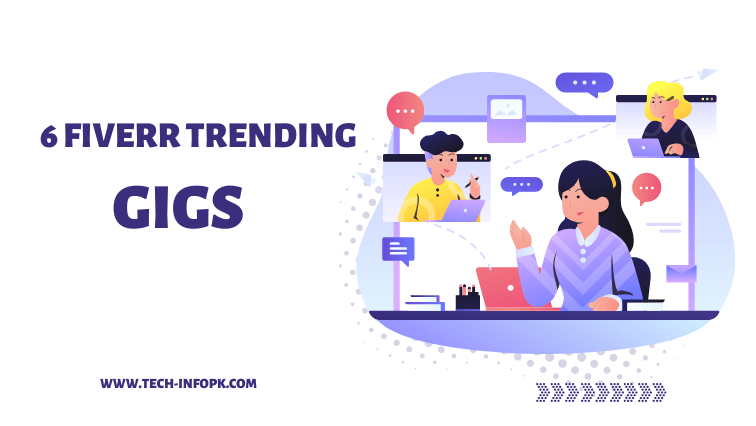As artificial intelligence becomes an integral part of workplace operations, a crucial question arises: Is artificial intelligence making us less capable of independent thinking? A recent study conducted by researchers from Microsoft and Carnegie Mellon University sheds light on how generative artificial intelligence tools impact human cognitive faculties, particularly in professional settings.
The study highlights a concerning trend—when professionals depend heavily on artificial intelligence-generated content, their cognitive focus shifts from higher-order critical thinking skills such as analyzing, evaluating, and synthesizing information to merely verifying whether the artificial intelligence output is good enough to use. This shift raises concerns about the long-term implications of AI dependency on cognitive development and decision-making capabilities.
Table of Contents
ToggleHow Generative AI Affects Cognitive Functions
The research paper states: “Used improperly, technologies can and do result in the deterioration of cognitive faculties that ought to be preserved.” This suggests that excessive reliance on artificial intelligence tools could lead to the atrophy of essential cognitive abilities, leaving individuals unprepared when they encounter complex situations requiring independent thought.
To investigate this phenomenon, the study surveyed 319 professionals who regularly use generative artificial intelligence at least once a week in their workplaces. Participants were asked to provide three examples of how they integrate artificial intelligence into their workflow, which fell into the following key categories:
- Content Creation – Writing routine emails, reports, or summaries.
- Information Retrieval – Conducting research, summarizing lengthy articles, or extracting key points from documents.
- Decision-Making and Advisory Tasks – Seeking guidance or structuring data into visual representations, such as charts and graphs.
Participants were also asked to assess how frequently they engaged in critical thinking while completing these tasks and whether artificial intelligence enhanced or diminished their cognitive efforts.
Key Findings artificial intelligence Dependency vs Critical Thinking
The study revealed a striking correlation between confidence in artificial intelligence and reduced critical thinking effort. Key findings include:
- 36% of participants actively engaged in critical thinking to mitigate the risks associated with artificial intelligence -generated content.
- Many participants cross-verified artificial intelligence-generated responses using external sources such as Wikipedia, YouTube, and Google, suggesting that while artificial intelligence aids efficiency, it does not eliminate the need for independent verification.
- A participant who used ChatGPT for performance reviews admitted that they double-checked every output to avoid submitting misleading or inappropriate information.
- Another respondent who frequently used artificial intelligence for drafting emails to senior management had to carefully edit outputs to align with hierarchical workplace culture, highlighting artificial intelligence limitations in understanding nuanced human interactions.
The study suggests that while artificial intelligence can enhance productivity, blindly trusting artificial intelligence-generated responses may lead to a degradation of independent analytical skills. Employees who place more trust in artificial intelligence-generated insights tend to exercise less personal judgment, potentially weakening their problem-solving abilities over time.
Understanding AI’s Limitations is Crucial
For professionals to effectively integrate artificial intelligence into their work while maintaining cognitive strength, they need to recognize the inherent limitations of artificial intelligence-generated responses. The study underscores that critical thinking is only activated when individuals are consciously aware of artificial intelligence potential shortcomings.
A key statement from the research emphasizes this point: “Potential downstream harms of Gen artificial intelligence responses can motivate critical thinking, but only if the user is consciously aware of such harms.”
This suggests that individuals who remain skeptical of artificial intelligence outputs are more likely to apply higher-order thinking skills, whereas those who develop overconfidence in artificial intelligence may gradually lose the ability to critically evaluate information.
Does AI Really Make Us Less Intelligent?
While the study refrains from making definitive claims that artificial intelligence directly makes people less intelligent, the findings strongly indicate that overreliance on artificial intelligence tools could lead to a decline in independent problem-solving skills.
To prevent cognitive stagnation, professionals must strike a balance—leveraging artificial intelligence for productivity while actively engaging in independent analysis and verification. Organizations and educators should also prioritize training programs that reinforce critical thinking skills alongside artificial intelligence integration.
Conclusion
Artificial intelligence has undeniably transformed workplace efficiency and creativity. However, the long-term cognitive implications of artificial intelligence reliance cannot be ignored. If individuals delegate too much of their decision-making to artificial intelligence, they risk losing essential cognitive skills that are crucial for adaptive thinking and problem-solving.
The key takeaway from this study? Use artificial intelligence as a tool to enhance your work, not as a substitute for your own cognitive effort. By maintaining an active role in evaluating artificial intelligence-generated content, professionals can harness the benefits of artificial intelligence while preserving and strengthening their critical thinking abilities for the future.





